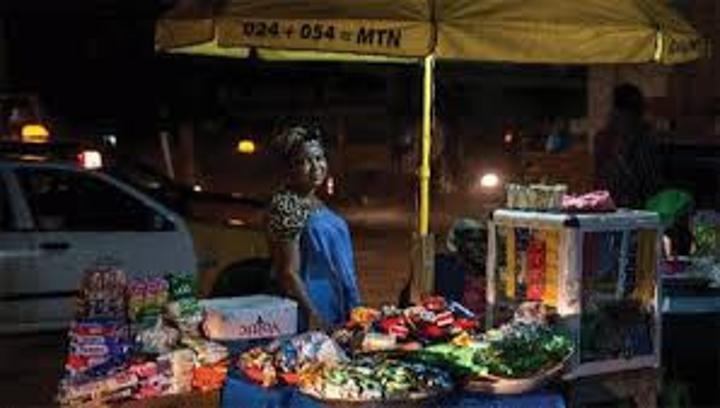Africa-Press – Zimbabwe. GOVERNMENT’S widely publicised ban on night vending has effectively faltered, following widespread resistance and implementation failure just months after its announcement.
The policy, intended to restore order and formalise the economy, has exposed a deep disconnect between official decrees and economic realities on the ground.
Authorities, led by Local Government and Public Works minister Daniel Garwe, announced the immediateban in early August, citing public health concerns and illicit activities.
The minister stated that night vending fostered illicit drug and substance dealings, which he labelled a threat to national security and public health.
The government argued that the move was necessary to protect formal businesses and align with its broader economic vision.
However, the directive was met with immediate vehement opposition.
Vendors Initiative for Social and Economic Transformation (Viset) executive director Samuel Wadzai said the proposed ban was ill-informed and unfair.
“This proposed ban was ill-informed and unfair, particularly because it disregards the livelihoods of countless vendors who rely on night sales to support their families,” Wadzai said.
He said night vending represented an economic necessity rather than a choice for many workers.
“Night vending is not merely a matter of choice for many; it is a necessity driven by economic circumstances and the need for flexible working hours,” Wadzai said.
“By criminalising this segment of the economy, the government risks pushing vendors into deeper poverty and increasing unemployment.”
Vendor unions and legal experts condemned the move as economically devastating and legally questionable.
The National Vendors Union of Zimbabwe warned that the ban will cripple livelihoods in a struggling economy and risked provoking social unrest.
Constitutional lawyer Advocate Fadzayi Mahere challenged the legitimacy of the ban, saying: “As a matter of law, you have no power to ban trade or any other activity by Press statement.”
Mahere argued that the policy was unconstitutional and failed to address the root causes of poverty that drive citizens into informal trade.
On the streets, the ban has proven largely unenforceable.
By late October, vendors in major cities like Harare and Bulawayo continued to operate illegally in undesignated areas, defying the government ultimatum.
Lack of affordable viable alternatives has been a key factor in the ban’s failure.
Designated vending sites are often overcrowded and the associated fees are prohibitively expensive for many, forcing them back to the streets to earn a living.
Viset said there was need for a collaborative approach in addressing the challenges in the informal economy.
“To truly address the challenges within the informal economy, we must prioritise dialogue and engagement,” Wadzai said.
“Restrictions and bans are not sustainable solutions.
“Instead, constructive conversations between the government, local authorities and vendors are essential to identify practical solutions.”
The organisation expressed its readiness to work with authorities.
“At Viset, we are always ready and willing to engage with the government and local authorities.
“We believe that through collaborative efforts, we can forge pathways that accommodate the realities of informal workers while also addressing any concerns related to urban planning, safety and public health,” Wadzai said.
“Lasting solutions will only come through understanding and co-operation, not through punitive measures.”
Tinashe Moyo, a vendor, who sells electrical accessories in the Harare city centre, asked: “Where does the government expect me to get money for school fees and rent if I do not work at night?
“During the day, I compete with hundreds of others. Night time is when I make real income to feed my family.”
Economists pointed to the fundamental mismatch between the policy and Zimbabwe’s economic structure.
“The informal sector employs over 90% of the workforce and contributes significantly to GDP,” noted independent economist Prosper Mutambi.
“When you announce a ban without viable alternatives, you’re essentially attacking the very survival mechanisms people have developed in response to formal economic contraction.”
The government had designated formal vending sites as alternatives, but vendors found them impractical and expensive.
“They want me to pay US$50 weekly rent at Copacabana, but my entire profit might not reach US$30 for the night,” said Miriam Chidemo, who sells fresh vegetables.
“The designated sites are too far from customers and the fees for stalls are exorbitant.”
Economic analysts pointed out that the failed implementation reflected broader governance challenges.
“This isn’t the first time we’ve seen a policy collapse due to inadequate consultation and planning,” Mutambi added.
“The government must recognise that the informal economy isn’t going away.
“Smart policy would focus on integration and support, not eradication.”
The Local Government ministry maintained that the ban remained in effect, despite its apparent failure on the ground.
For More News And Analysis About Zimbabwe Follow Africa-Press






